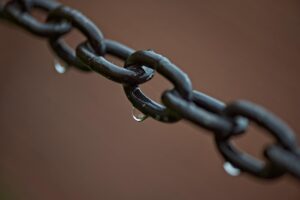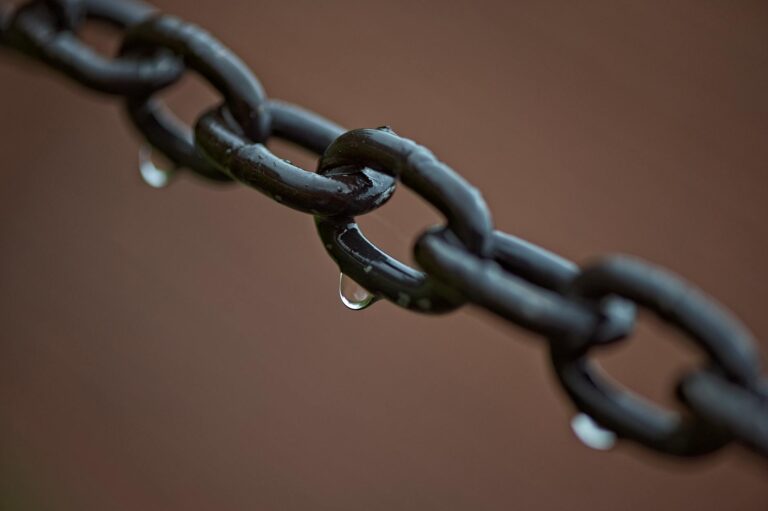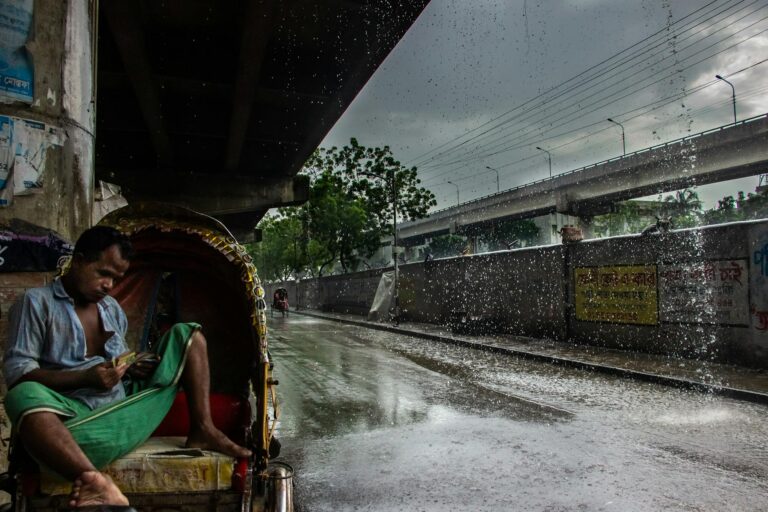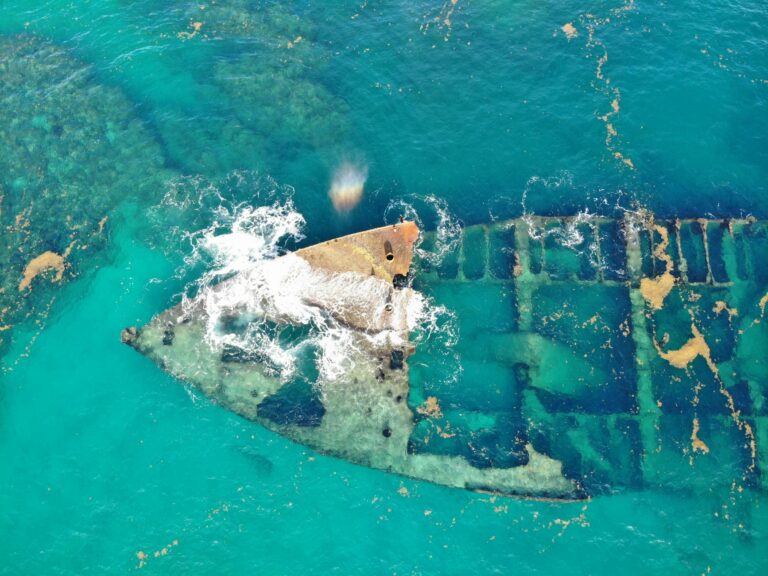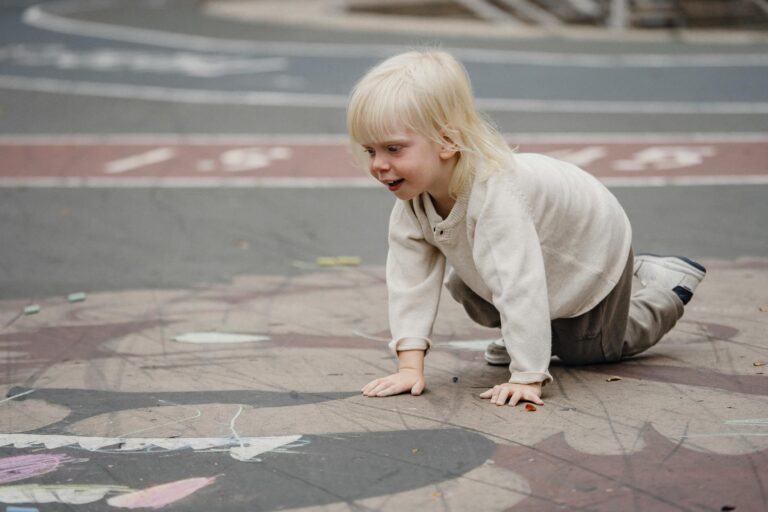The Shocking Truth About Ocean Darkening – And Why We Should Be Worried
You know how sometimes you look at the ocean and it just seems… different? Not just the usual waves and blue water, but something feels off. That’s because our oceans are changing in ways most of us don’t even realize. And no, I’m not just talking about plastic straws killing turtles – though that’s bad enough. There’s this whole other thing called ocean darkening that’s messing with marine life in ways you wouldn’t believe.
Here’s the thing – when I first heard about it, my brain went straight to some sci-fi horror movie. But it’s real, and it’s happening right now. Basically, all the crap we’re dumping into the water – fertilizers, sewage, you name it – is making the ocean darker. Like, literally blocking sunlight from reaching deep down where it’s needed most. And that’s bad news for everything from tiny plankton to those coral reefs everyone keeps posting about on Instagram.
So What Exactly Is Ocean Darkening?
Imagine you’re a plant underwater. You need sunlight to survive, right? Now picture someone slowly turning down the lights. That’s what’s happening to marine plants and algae. The main culprits?
- Farm runoff (thanks to all those chemicals we use to grow our food)
- City wastewater (because apparently flushing things makes them disappear)
- Dirt from deforestation (trees aren’t just pretty, they hold soil in place)
- Algae blooms (which sound nice but are actually like a bad houseguest that won’t leave)
It’s not just about things looking murky – this is messing with the entire ocean food chain. And let me tell you, when the bottom of the food chain starts collapsing, everything else follows.
The Science Bit (But I’ll Keep It Simple)
Why Is This Happening?
We did it. Plain and simple. All that “progress” comes with a price tag. Farmers use fertilizers to grow more food – which runs off into rivers and eventually the ocean. We cut down trees for more land – which sends dirt rushing into the water. Even those tiny microplastics you hear about? They’re not just choking turtles, they’re making the water cloudy.
Here’s a crazy stat: Some parts of the ocean are getting up to 20% darker than they were just a few decades ago. That’s like going from perfect reading light to trying to read a menu in a dim restaurant.
What’s the Damage?
Coral reefs are basically starving for light. Fish can’t find their food. The whole system’s getting thrown out of whack. Scientists say ocean productivity could drop by a fifth by the end of the century. That’s not just some number – that’s less fish for people to eat, less oxygen being produced (yeah, the ocean makes oxygen), and whole ecosystems collapsing.
Making Sense of It All Through Cartoons
This is where Rohan Chakravarty comes in. His Green Humour comics take this depressing info and actually make it… funny? In a dark way. Like one where fish are wearing sunglasses because the water’s so murky. Or a coral reef complaining it can’t get a tan.
And that’s the genius of it – when you laugh at something, you’re more likely to remember it. Way more effective than some boring scientific paper full of jargon. Studies show people engage way more with this kind of content than dry reports. Because let’s be honest, who actually reads those 100-page climate reports?
Real World Consequences
This isn’t some future problem – it’s happening now. The Gulf of Mexico has a dead zone the size of New Jersey every year thanks to farm runoff. Mangrove forests in Asia are suffocating under all the sediment. Fishermen are coming back with empty nets.
And here’s the kicker – it makes climate change worse. Less sunlight means less CO2 being absorbed. Which means more warming. Which means more extreme weather washing more junk into the ocean. It’s like a really bad feedback loop that just keeps getting worse.
What Can We Actually Do?
Okay, enough doom and gloom. Here’s where you come in:
- Cut back on plastic – those microplastics aren’t helping
- Buy organic when you can – fewer chemicals running into the water
- Choose sustainable seafood – takes pressure off struggling fish populations
But honestly? Individual actions only go so far. We need better laws about pollution, smarter farming practices, and actual enforcement. Projects like restoring wetlands can help filter water naturally before it hits the ocean.
World Oceans Day With a Twist
Next time June 8 rolls around, skip the generic “save the oceans” post. Share some of Chakravarty’s comics instead – like the one with fish complaining about living in a perpetual blackout. It gets the point across way better than another sad turtle picture.
Final Thoughts
Ocean darkening isn’t getting nearly enough attention, but it’s a huge deal. The good news? People like Chakravarty are finding clever ways to get the word out. So follow his work, make some small changes in your life, and maybe – just maybe – we can start turning this ship around before it’s too late.
Because at the end of the day, we need the ocean way more than it needs us.
Source: The Hindu – International



